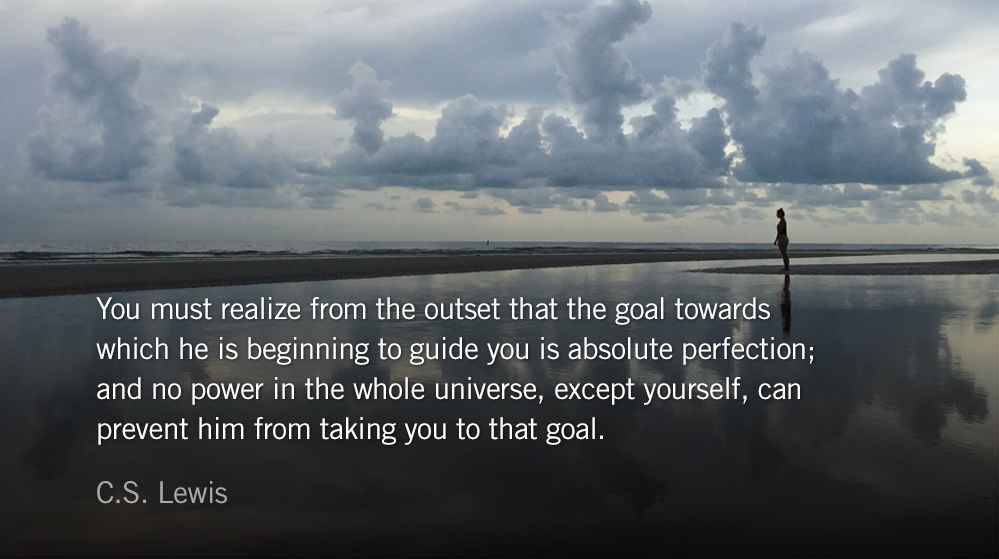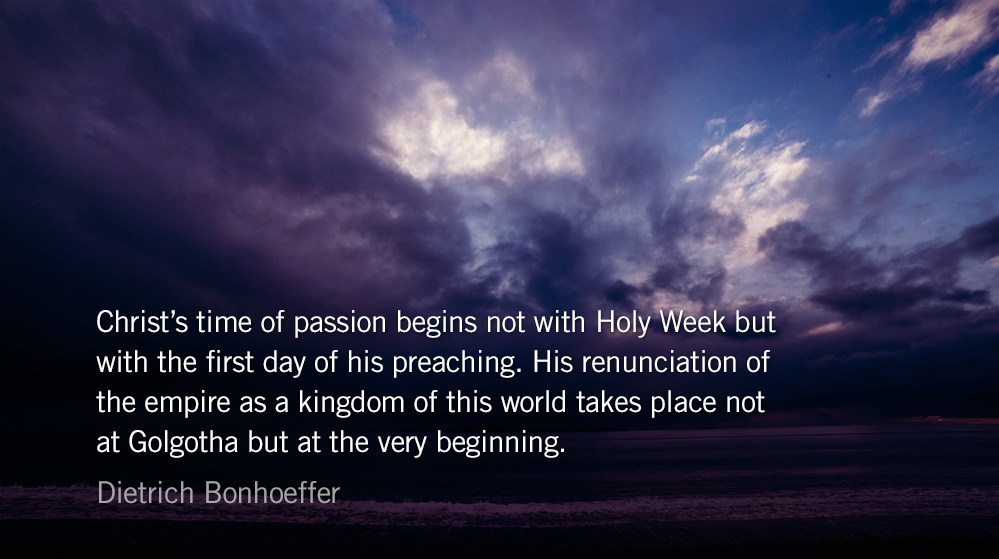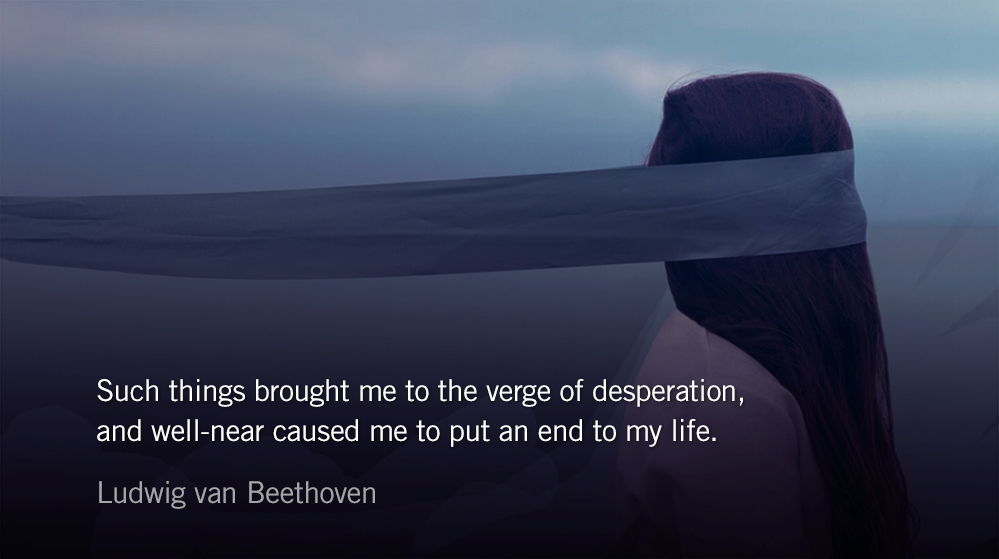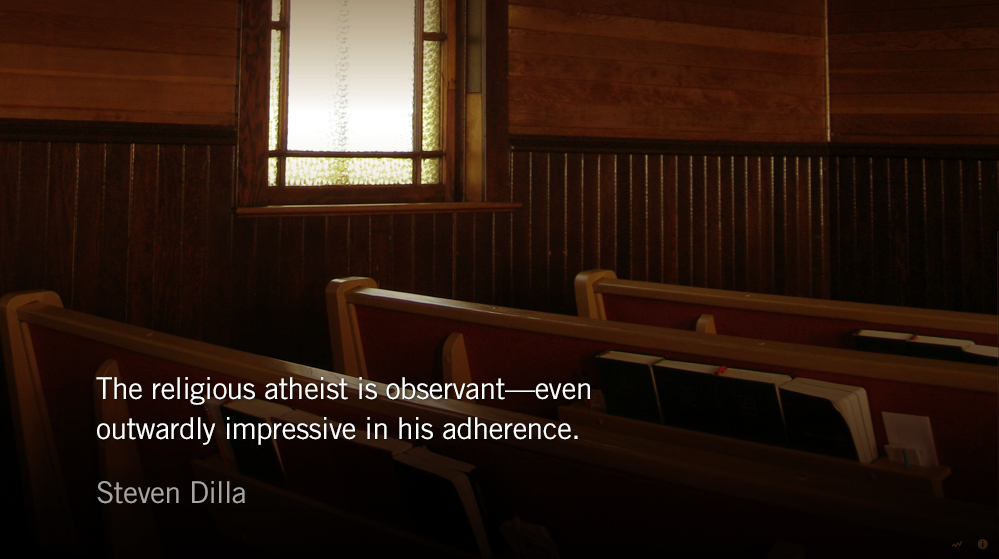You must realize from the outset that the goal towards which he is beginning to guide you is absolute perfection; and no power in the whole universe, except yourself, can prevent him from taking you to that goal.
― C.S. Lewis
Lenten Reflection: Be Ye Perfect
The Park Forum
“Be ye perfect is not idealistic gas,” warns C.S. Lewis. “Nor is it a command to do the impossible. He is going to make us into creatures that can obey that command.” Lewis, after examining how we cling to earthly pursuits, goes on to show how letting them go radically reorients the life of a Christian:
Many of us, when Christ has enabled us to overcome one or two sins that were an obvious nuisance, are inclined to feel (though we do not put it into words) that we are now good enough. He has done all we wanted him to do, and we should be obliged if he would now leave us alone. As we say, “I never expected to be a saint, I only wanted to be a decent ordinary chap.” And we imagine when we say this that we are being humble.
The discipleship process, then, is not defined by the Christian, but by the Scriptures, Church, and Paraclete. “The question,” Lewis says, “is not what we intend ourselves to be, but what he intended us to be when he made us.”
Likewise, if the Lenten season is reduced to what we want to gain or lose through fasting we miss the point entirely. Fasting is the process of winnowing the clutches of our flesh so that the glory of God might be fully realized in our appetites, attitudes, and actions. Lewis, imagining the words of Christ, writes:
That is why he warned people to ‘count the cost’ before becoming Christians. “Make no mistake,” he says, “If you let me, I will make you perfect. You have free will and, if you chose, you can push me away. But if you do not push me away, understand that I am going to see this job through. Whatever suffering it may cost you in your earthly life, whatever inconceivable purification it may cost you after death, whatever it costs me, I will never rest, nor let you rest, until you are literally perfect—until my father can say without reservation that he is well pleased with you, as he said he was well pleased with me.”
Prayer: The Request for Presence
Come to me speedily, O God. You are my helper and my deliverer;* Lord, do not tarry. — Psalm 70:5–6
– From The Divine Hours: Prayers for Springtime by Phyllis Tickle.
Full prayer available online and in print.
Today’s Reading
Exodus 26 (Listen – 4:18)
John 5 (Listen – 5:42)






